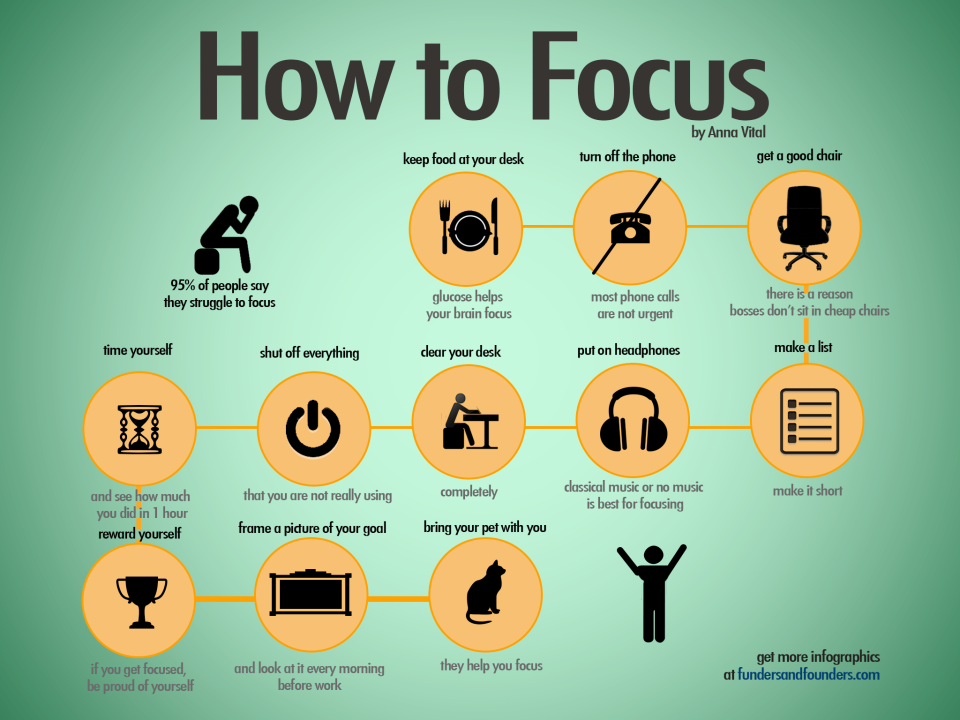By Karen Van Vliet
Walk into a school, airport, shopping mall, or even a church and the image is always the same, teens and tweens have their heads down, ear buds on, and a mobile device in their hand. This generation is commonly referred to as
Generation Z and they are coming of age with a new set of rules, expectations, and mannerisms. Born between 1995 and 2009, the oldest of this generation is coming of age this year and headed off towards adulthood. What can they expect of their future work experiences? What will employers expect of them? What can
educators continue to do? What can
teachers do to better prepare them?
Does Gen Z Learn Differently?
There is plenty of research and articles circulating around out there about how this generation learns and what the future workforce will hold for them. In an online article entitled “
Workforce Preview: What to Expect From Gen Z” by Dennis McCafferty in April 2013 he shared the following statistics:
• 60% of this generation like to share knowledge online, a sign of collaborative skills
• 64% contribute to websites because they like learning about new things
• 76% feel that online experiences help them reach goals
• 66% say that technology makes them feel like anything is possible
The Pluses Come With Minuses, Too.
But just as technology has provided this generation with many strong technical attributes it has also produced its share of negative traits. Generation Z lacks the ability to effectively communicate ideas, share an opinion, or debate an issue. After spending the majority of their formative years in front of a computer this generation of employees are unfamiliar with collaborative teams, face-to-face discussions, and public speaking. Instant feedback and immediate response to inquiries also limits the coping skills of this generation to problem solve.
The skill to explore multiple solutions for a problem is not as mature in this generation as in previous generations. “Yvonne Sell, Hay Group’s director of leadership and talent in the UK, believes that Generation Z will have a desire for change, stimulation, learning and promotion that will conflict with traditional organizational hierarchies. ‘
Generation Z will want to be heard no matter how junior they are, and perhaps may have little tolerance for working with those who don’t share their views.’ Sell warns that organizations need to be aware that Generation Z may have less concern for responsibility, accountability and understanding of consequence.”
In just a few years there will be five generations in the workforce. That diversity alone in how employees view their job stability, relationships within the workplace, and the education needed to get the job has started to change the way businesses advertise for new hires and the environment in which they will potentially work. Yet the skills needed to succeed in the transformative knowledge era are still lacking in many of the students known as Generation Z.
Skype - mschools, linkites






.png)





